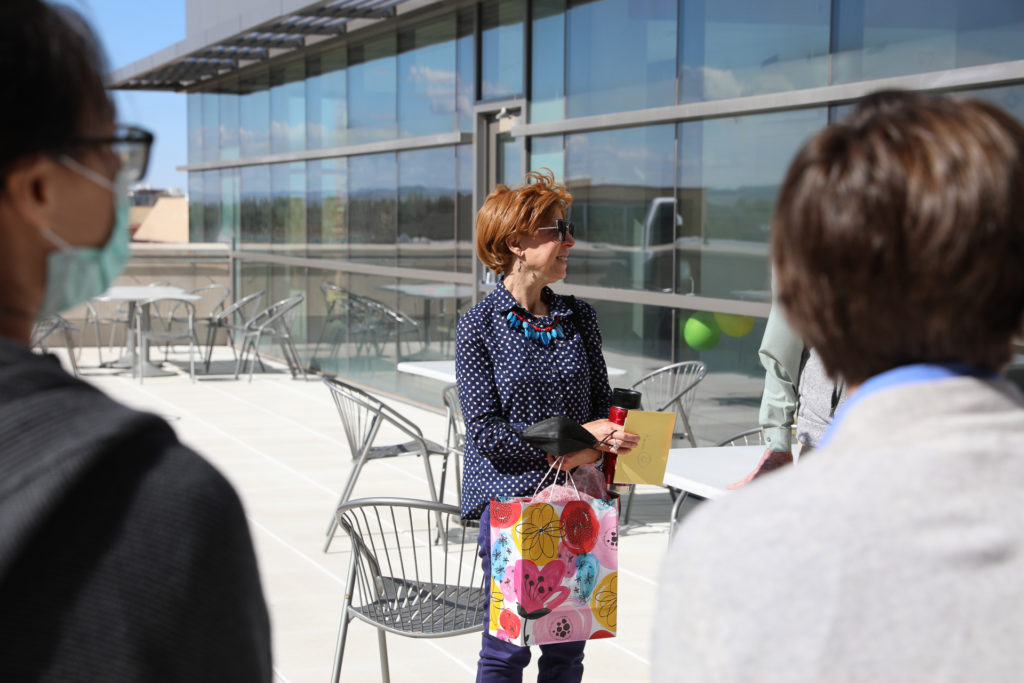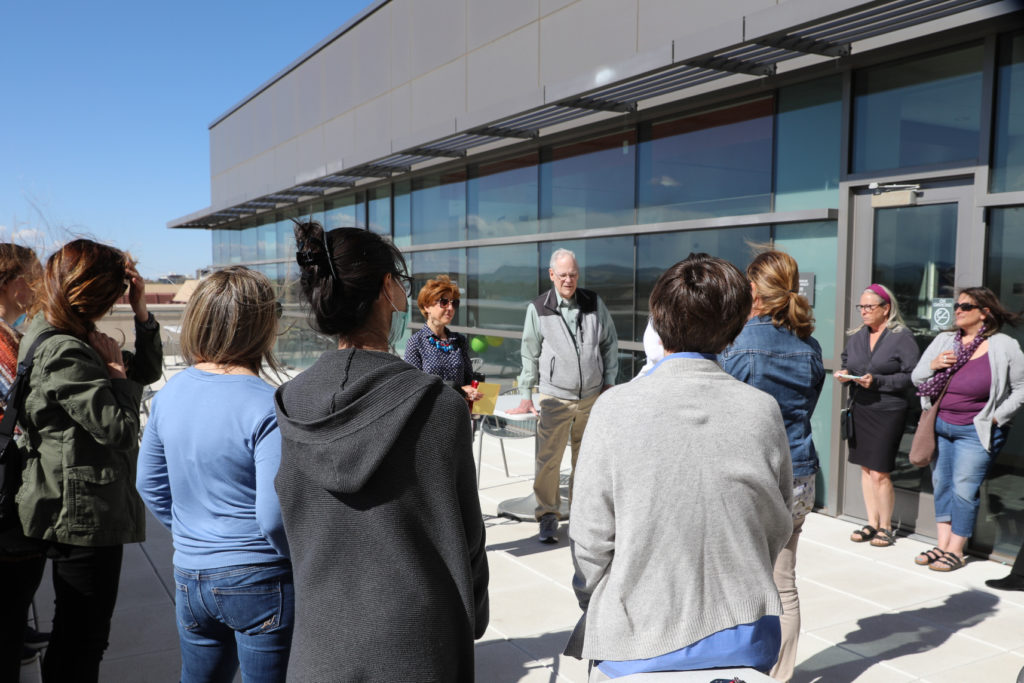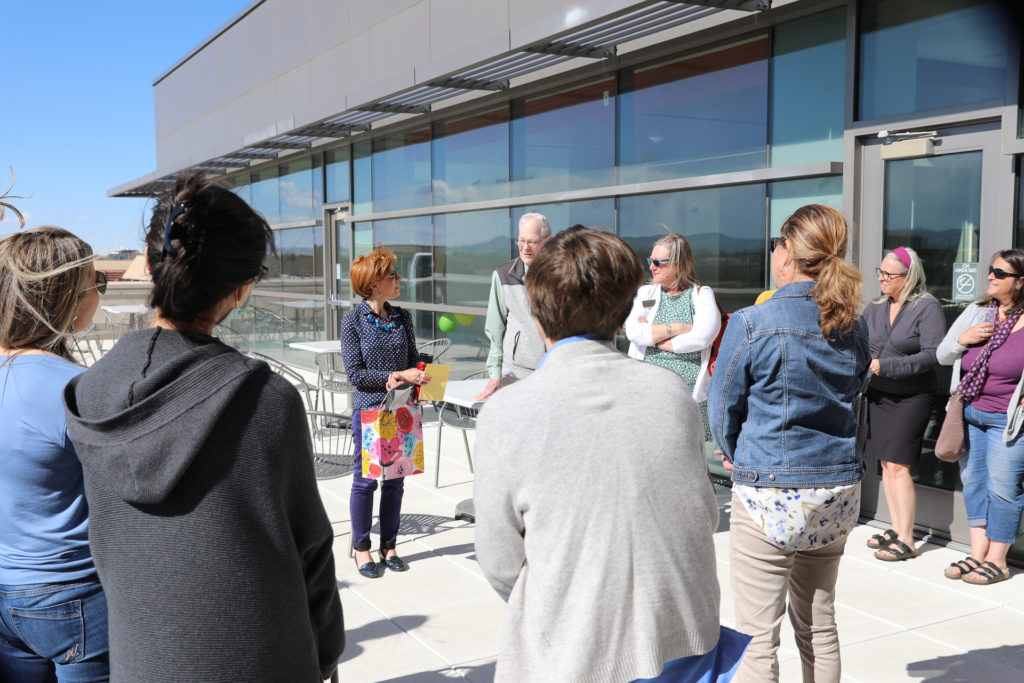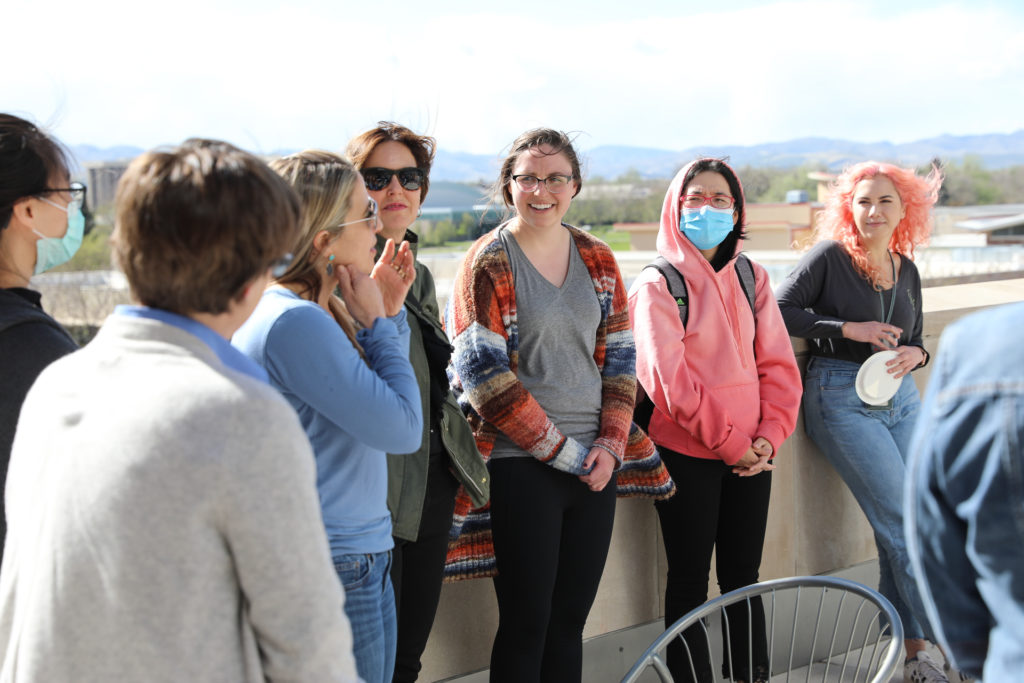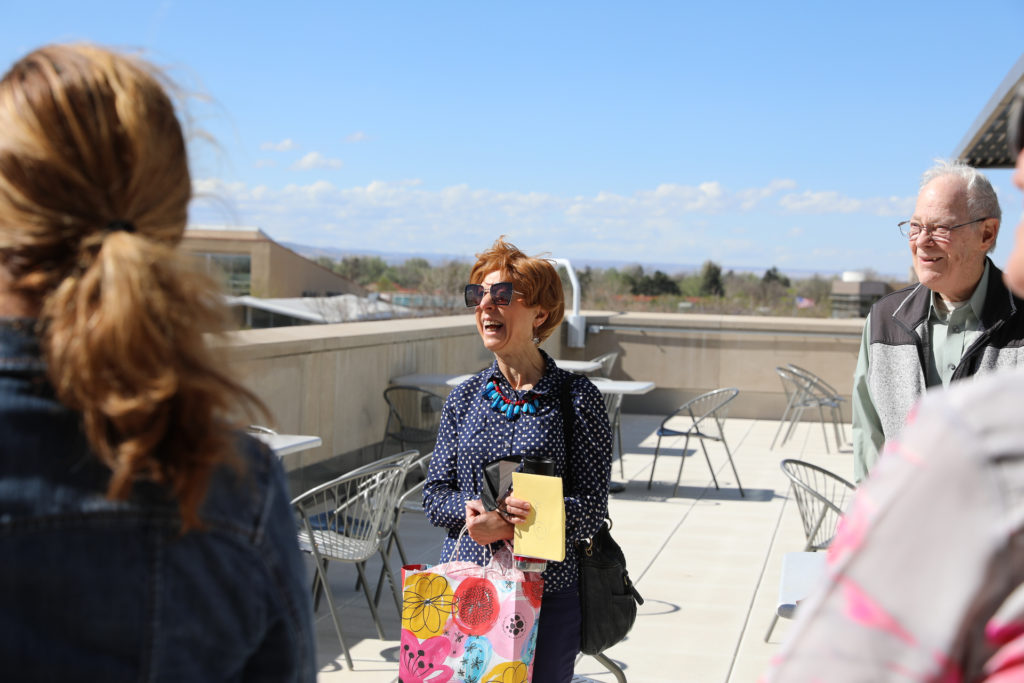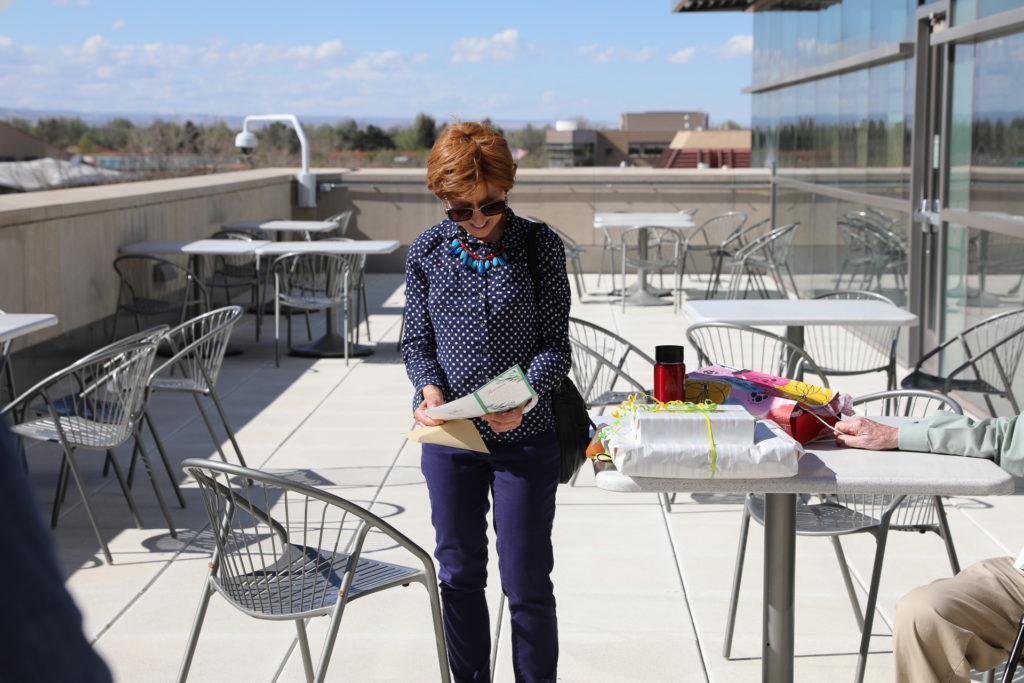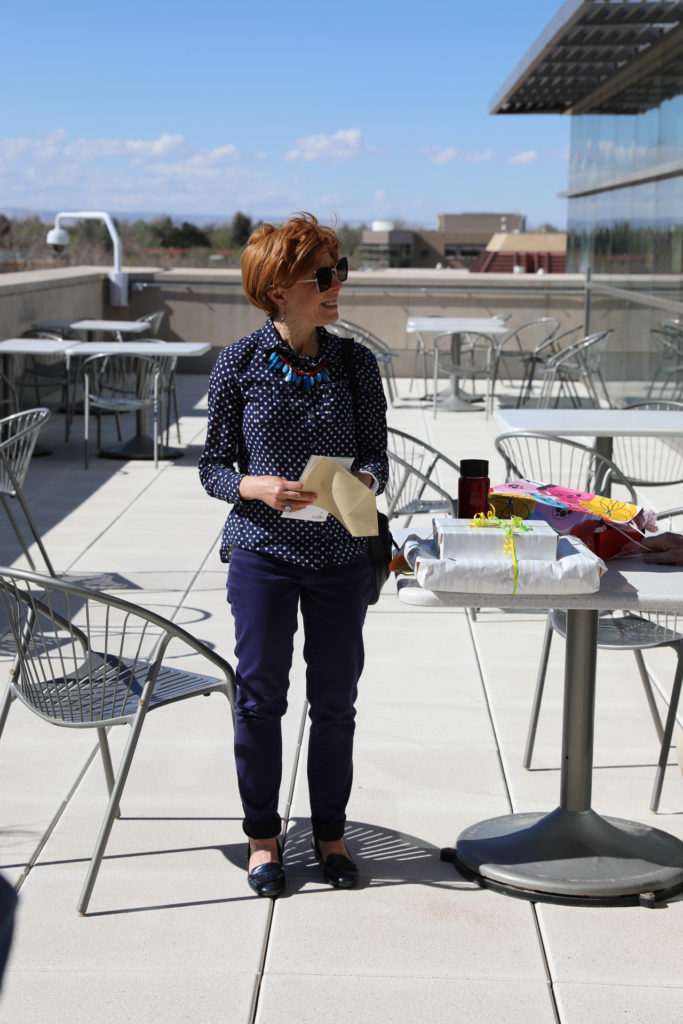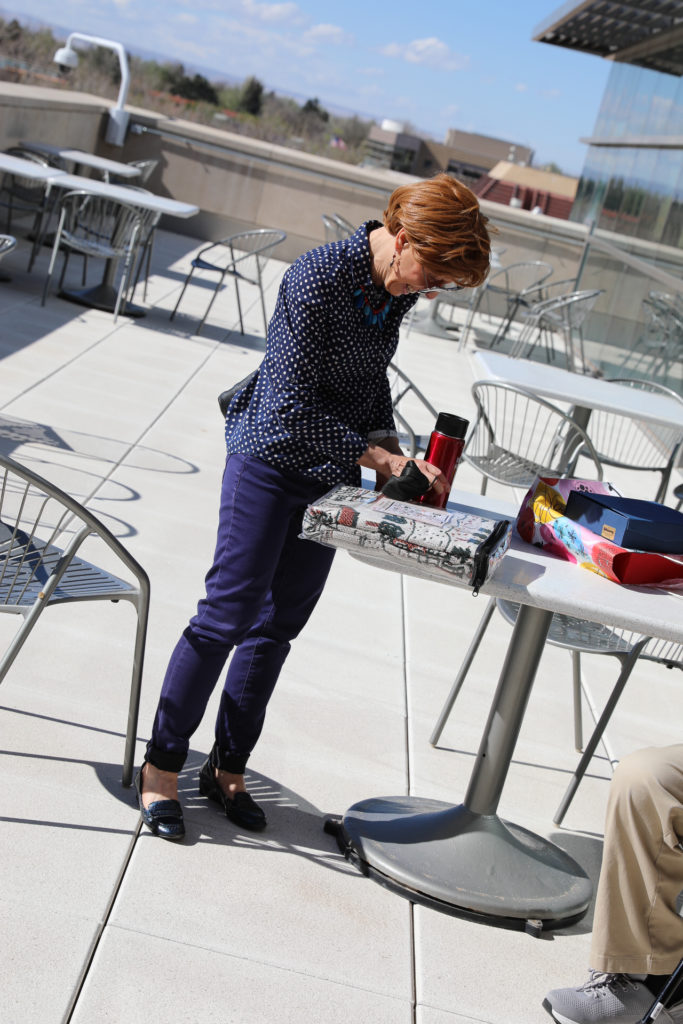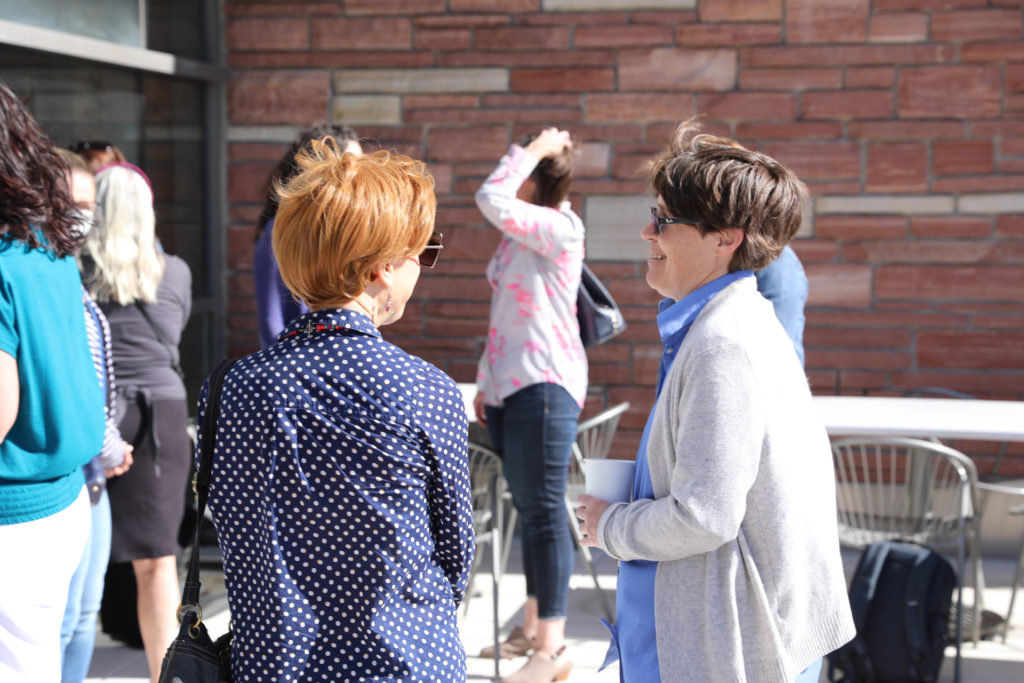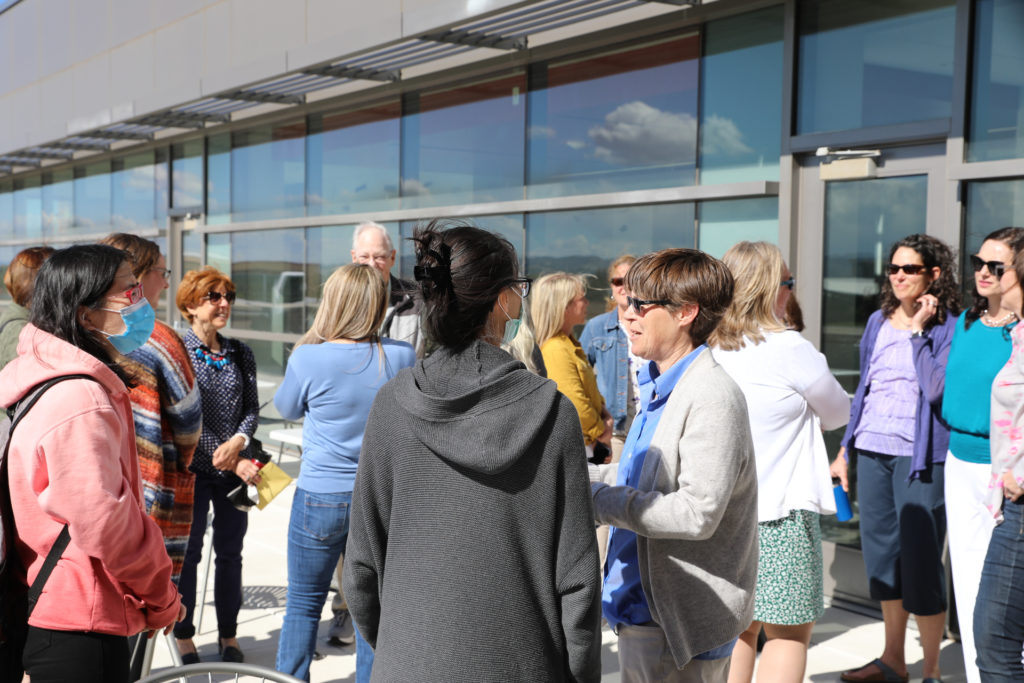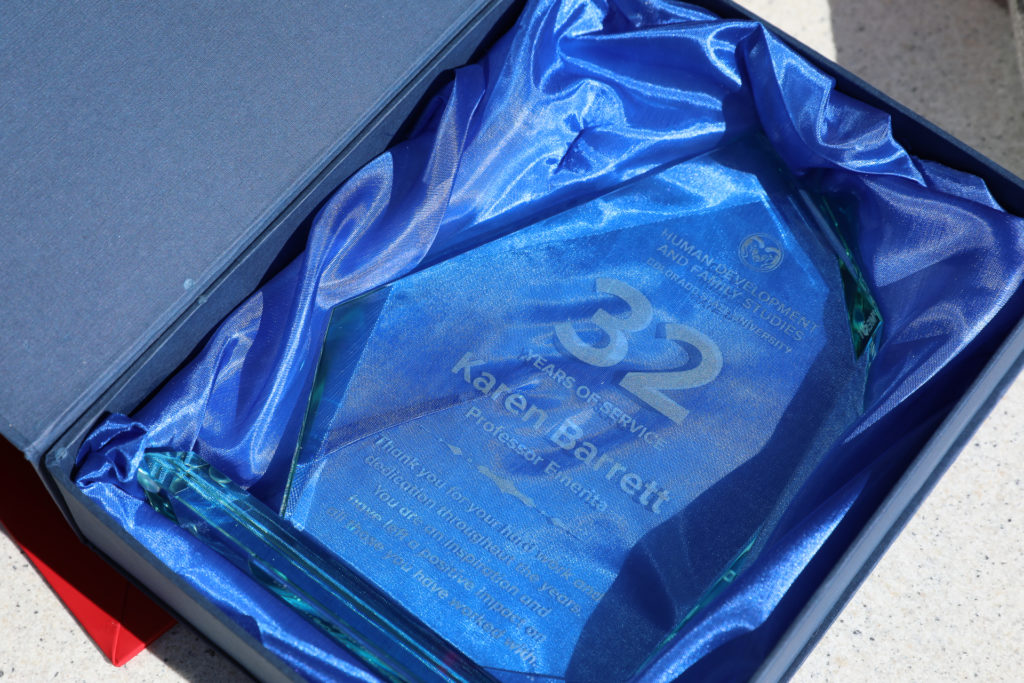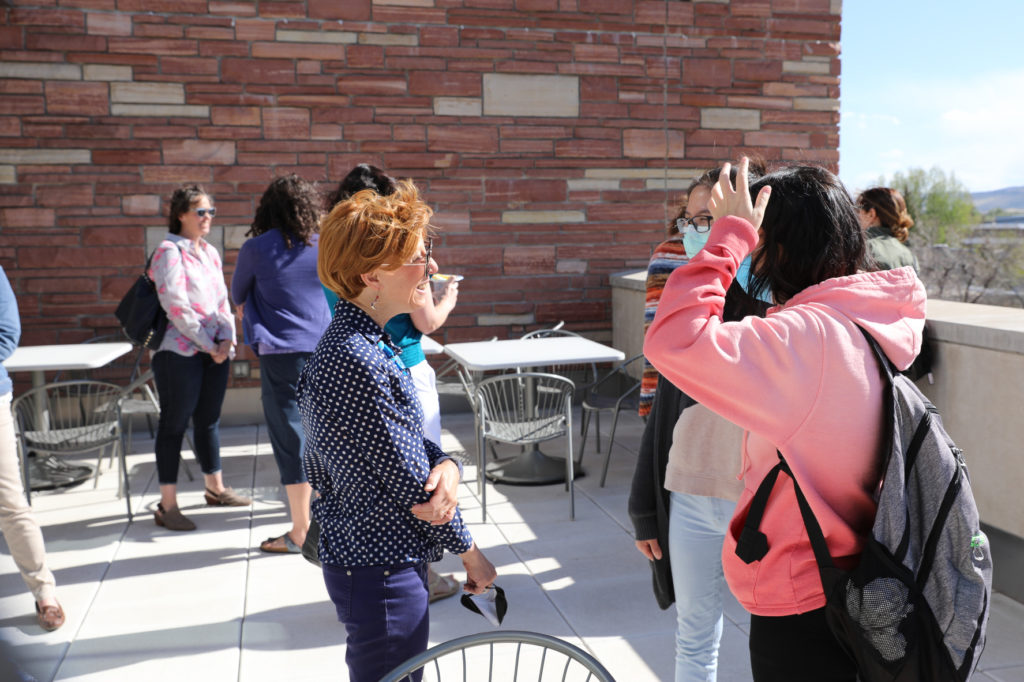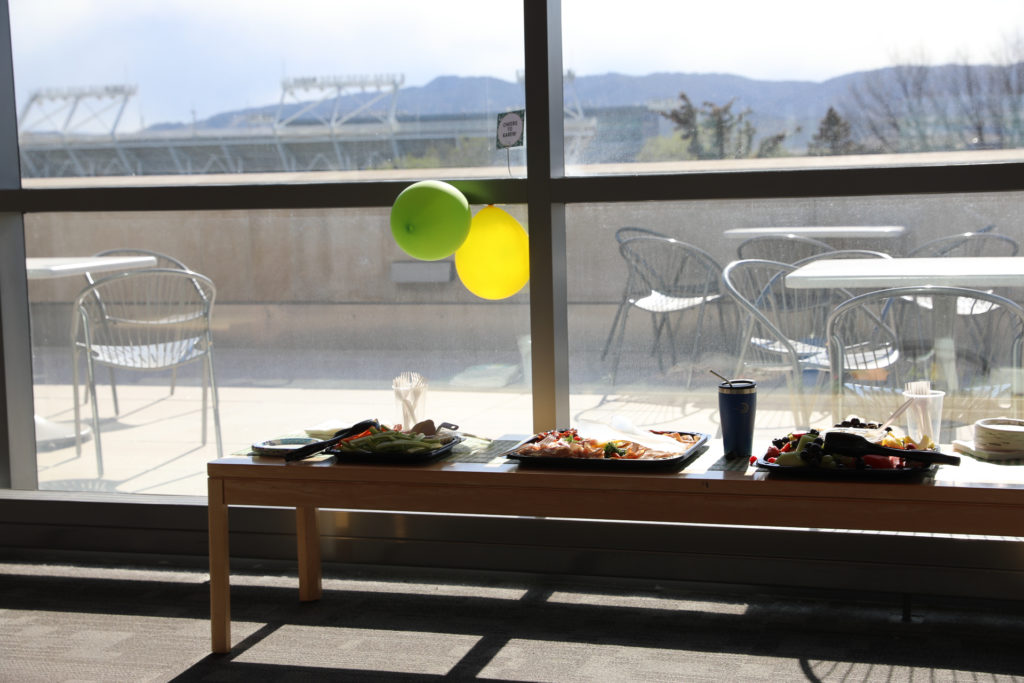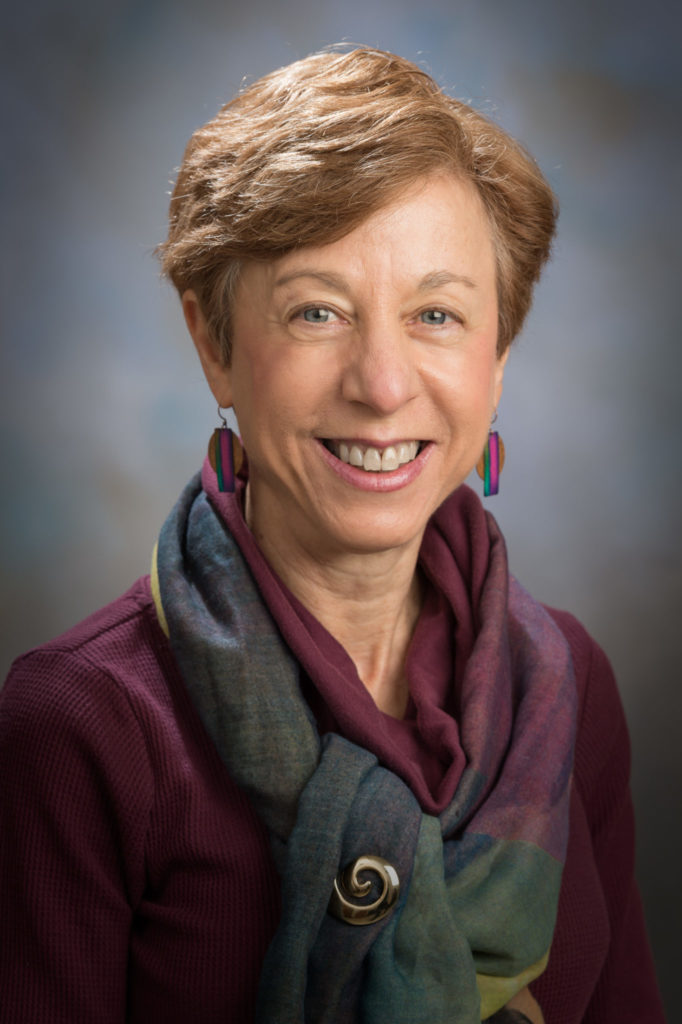 After 32 years as a faculty member in the Department of Human Development and Family Studies at Colorado State University, Karen Barrett has officially retired and been named a professor emerita.
After 32 years as a faculty member in the Department of Human Development and Family Studies at Colorado State University, Karen Barrett has officially retired and been named a professor emerita.
During her time in the department, Barrett has moved from an assistant professor up to a full professor. She held multiple positions including assistant department head, director of online programs, and chair of the graduate committee. In addition, she represented both the department and college on the Faculty Council, served as chair of the Faculty Council Committee on Scholastic Standards from 2016 to 2019, and co-chaired the Academic Policies Committee.
“Dr. Karen Barrett has had a rich career at CSU with impact that spans many decades,” said Lise Youngblade, dean of the CSU College of Health and Human Sciences.
In 1989, CSU became Barrett’s second faculty job in her career after an assistant professor position with the University of Wyoming and a postdoctoral fellowship with the National Institute of Mental Health in Maryland. Barrett received her bachelor’s degree from Cornell University in New York, graduating with honors. She went on to get both a master’s degree and a doctoral degree from the University of Denver in Colorado.
Major career achievements
“Dr. Barrett was very instrumental in supporting training opportunities for students, including starting the HDFS online program and helping to craft the articulation agreement between community colleges and CSU for students interested in early childhood education careers,” said Youngblade.
In 2006, Barrett officially became the director of the online program she helped create for human development and family studies, which was one of the first online programs at CSU. She held this position for eight years before handing off the baton to Jen Aberle, the current director as well as the current associate dean for undergraduate affairs for the College of Health and Human Sciences. Aberle received mentorship from Barrett while she was a master’s then doctoral student at CSU and is now a colleague and friend.
“When I worked with Karen in the HDFS online program, she consistently made decisions centered on students and the curriculum,” said Aberle. “It was evident that she worked from an abundance model and in a true spirit of inclusion, knowing there was always more to do, and everyone was responsible for improving students’ learning experiences in making sure our work translated into making people’s lives better.”
In 2007, while remaining the director of online programs for HDFS, Barrett also took on the role as the assistant department head, a role she kept for six years.
“In her leadership roles, Karen has made space and created a climate of respect for everyone to contribute,” said Aberle. “She is an outstanding model of professionalism, collaboration, and how to be intentional and principled while working on a goal.”
Throughout her career, Barrett has advised many undergraduate and graduate students, including the first ADS graduate, Jun Wang, and Julie Taylor-Massey who was a master’s then doctoral student at CSU and is now a senior instructor in the Department of Human Development and Family Studies.
“Karen is the epitome of faculty excellence and is someone I greatly admire and appreciate,” said Taylor-Massey. “Without fail, she always welcomed and made time for me, and I left our conversations feeling bolstered. In fact, Karen gave me one of the best pieces of professional advice I ever received. It was advice I took to heart and have since paid forward to my own student mentees.”
A meaningful career
“Karen is a well-known and respected scholar in the field of child development,” said Julie Braungart-Rieker, Human Development and Family Studies department head. “Particularly, in the areas of emotional development and regulation, motivation, and parenting.”
Recently, Barrett’s research has focused on finding ways to support adoptive parents and children, promoting children’s social-emotional competence, and assessing children’s strengths and school-readiness. Barrett has published her work in top U.S. and international journals over the course of her career.
“I have always respected Karen’s commitment to engagement and her genuine care and understanding of what it takes to provide an exceptional education,” said Aberle. “This can be seen in her dedication to curricular enhancements and enrichment and the tremendous contributions she has made to undergraduate and graduate students.”
Outside of her research, Barrett has always been very involved both locally and nationally, translating her research and expertise into actual policy and practices on behalf of improving children’s lives.
“Karen cares deeply about issues of diversity, equity, and inclusion,” said Braungart-Rieker. “Her leadership and contributions in so many areas have helped our department grow and move in a number of positive directions.”
Currently, Barrett serves on a community board working to improve mental health in Larimer County called the Consumer Advisory Committee. The group is helping to make decisions about how to spend the money that taxpayers voted on to support the community in regard mental health.
Watching CSU change over three decades
“CSU has changed enormously in the time that I’ve been here,” said Barrett.
When Barrett had her first child, she was working at the University of Wyoming. She was the first female in the department to have a child during her time as a faculty member, and there was no parental leave or plan of any kind set up to support women. Barrett was able to use a one semester sabbatical for this, but she came across the same situation when she came to CSU. Again, she was the first female in the department to have a child, this time through adoption, and there was nothing in place for her to have that time with her child.
“They didn’t know what to do if a woman had a child while on faculty,” said Barrett. “There was no parental leave set up.”
In the beginning of her CSU career, Barrett recalled purchasing her own desktop computer out of pocket because it was not already provided.
“The department head at the time didn’t believe people were serious about using their own computers to do word processing and things like that,” said Barrett. “They thought the typing pool could just type stuff for everyone. Having people spending their own money was designed to show we were serious about doing our own work on computers.”
Barrett was also part of the transition of the department from a master-level program to a doctoral-level program. When she applied for her CSU position, she was told the department was getting a Ph.D. program. Though it took several years to come to fruition, Barrett said the department’s Applied Developmental Science doctoral program is a measure of the department’s growth.
Saying farewell
“It’s a really nice department,” said Barrett. “A lot of the people in our department really care about helping people and trying to do things that are useful for society.”
Though Barrett has officially retired, she will continue to conduct research as a professor emerita. In her retirement, Barrett hopes to do more traveling while still staying involved in various things such as the Front Range Forum, which is an organization that puts on classes for older adults on various topics. Barrett has begun taking classes through this organization and said she will likely get involved more as her time frees up.
“I am grateful for the endless amounts I have learned from Karen by working with her and witnessing her unwavering work ethic, professionalism, integrity, problem-solving, collaborative approach, dedication, and positive attitude,” said Taylor-Massey. “I am grateful for the many conversations and laughs we have shared.”
“Karen’s passion, hard work, and vision will be missed,” said Braungart-Rieker.
“We wish Karen the very best as she enters the next phase of her journey as professor emerita, said Youngblade. “Congratulations, Karen, on your retirement!”
The Department of Human Development and Family Studies is part of CSU’s College of Health and Human Sciences.
